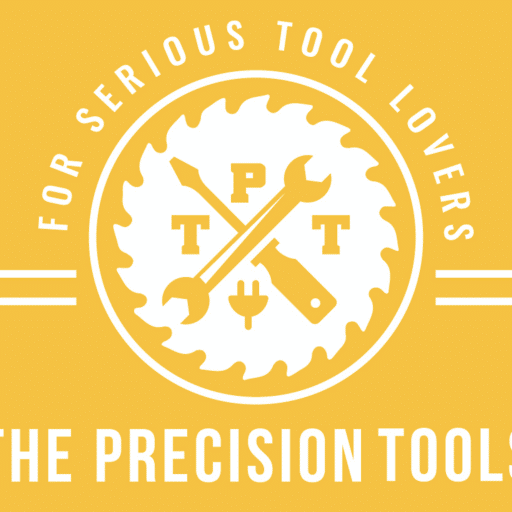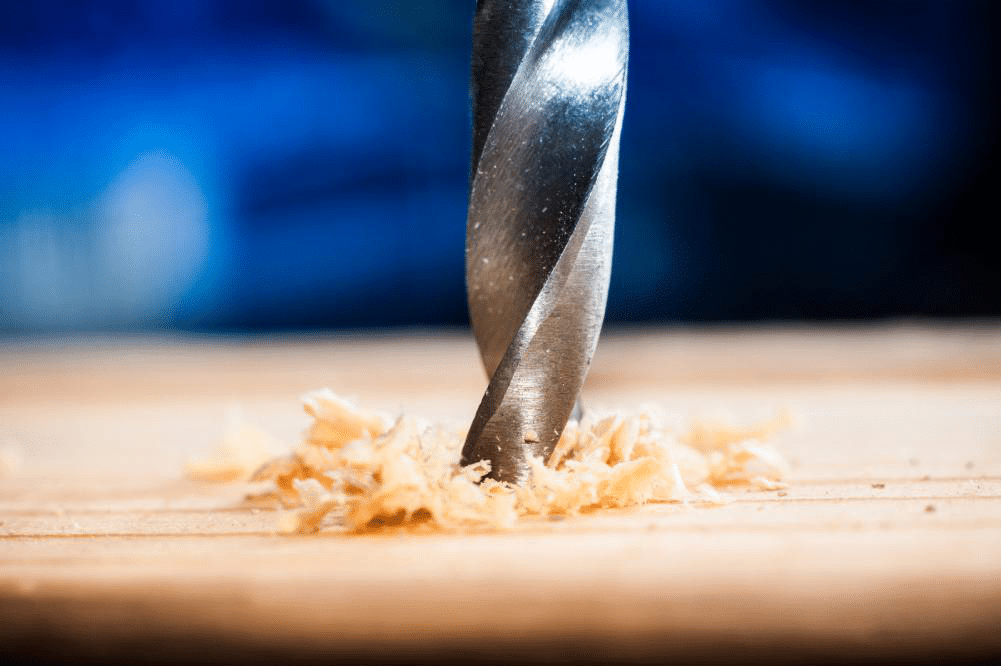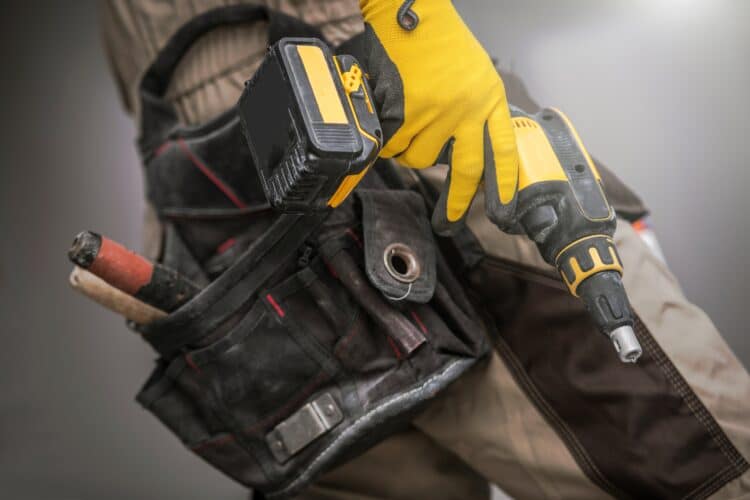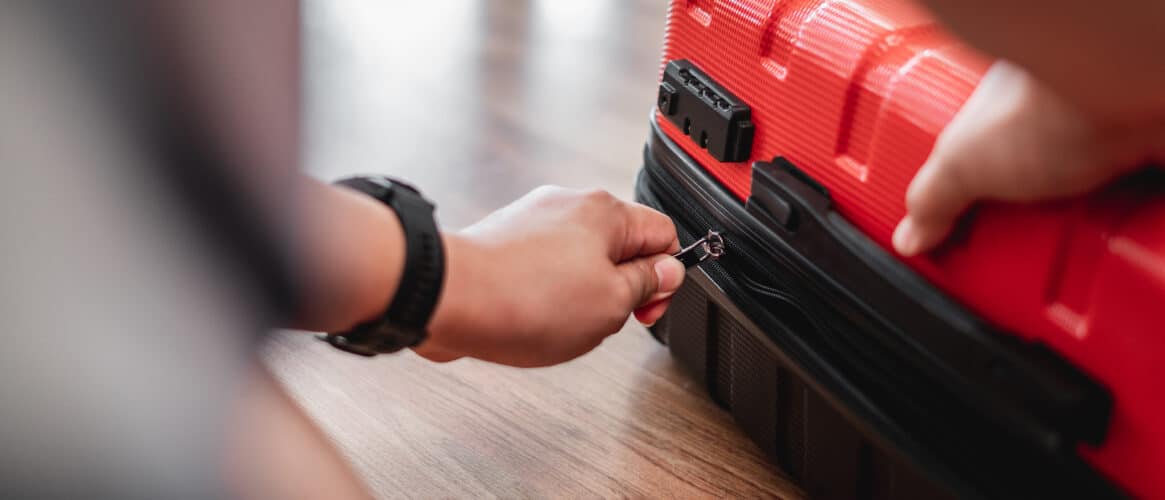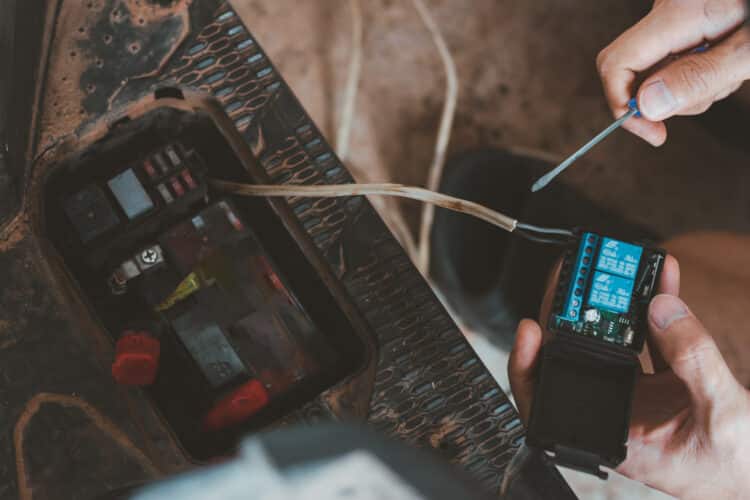Whether you’re hanging a picture frame or installing new shelves in your study, there are numerous tasks that require you to drill holes. A drill bit can help you get through these tasks quickly and easily.
With the advancement in technology, there have been advancements in hardware where many tools are designed such that they can be used by anyone, from a pro to someone using a drill for the first time.
Universal drill bits can be purchased from any local hardware store or other multipurpose stores, such as Walmart or e-stores such as Amazon. These universal drill bits can drill through practically any material, which includes wood and metal, but they’re too strong to be used on delicate materials, such as glass or ceramic.
The Convenience of Using Universal Drill Bits
Universal drill bits make your work more convenient for you since the same drill bits can be used on any surface (as long as it’s not too fragile). Premium drill bits require a bit of extra investment initially, but they are durable and multipurpose and worth it.
Some universal drill bits have special diamond-ground edges that make them suitable for practically any surface, no matter how delicate it is. You can use them on wood, stone, ceramic, concrete and even plastic surfaces.
What Can Universal Drill Bits Be Used For?
Drill bits that are universal can be used by anyone – from a professional handyman to a DIY-er. Since they can be used on multiple surfaces, they lighten the load for carpenters, etc. who need to lug their equipment around from place to place.
With a single set of universal drill bits, you can fix the wooden planks on your living room floor and fix a damaged part in your washing machine.
It is important to note that even within the world of universal drill bits, there are different types of drill bits for different purposes:
The structure of the tip may vary based on your task. While drilling through materials like wood and plastic, the same drill bit is suitable, drilling through harder materials, such as glass or granite requires a sharper, pointier tip. Using drill bits on thick metal surfaces also reduces their average lifespan.
Pros of Using Universal Drill Bits
- It can be used for different tasks on different mediums without you having to go through the hassle of changing the tip or the drill.
- Easier to transport.
- If you’re a newbie still figuring out how to properly use a drill, you can use the same drill bit on wood or metal without damaging the surface.
Cons of Using Universal Drill Bits
- They can be quite expensive and out of budget for the casual DIY-er.
- You need to be very careful about following a proper maintenance routine with universal drill bits. A single misstep can set you back significantly.
- Even though they can drill into more materials than a regular wood or metal drill bit, the surfaces they can drill through are still somewhat limited. For instance, they won’t work on very fragile glass or very thick metal.
Maintenance
Since you’re spending so much on high-quality drill bits, it is also important for you to take proper care of your tools. Drill bits should be secured into place in their storage box since if they roll around, they can become blunt and lose their shape a little bit.
It is also advisable to sharpen your drill bits at regular intervals to prevent them from reaching the blunt-stage in the first place.
What Kind of Drill Do You Need?
Pretty much any drill with a standard chuck size can be used with these drill bits. The good news is that if you already have a drill, you won’t need to replace it if you get a new set of universal drill bits.
What Are the Different Tips in Drill Bits?
- Twist Bit: Drills a straight hole and the indents in the spiral remove any dust and debris as you drill a deeper hole.
- Flatwood Bit: Used to drill larger holes and is characterized by its unique flat tip with a sharp center point.
- Step Drill: Allows you to adjust the size of the hole you’re drilling. It is also a little pricier than other basic drill bits.
- Countersink Bit: Used to create conical holes. Although it can be used on most mediums, it leaves rough and frayed edges wood.
- Screwdriver Bit: Used to drill holes to secure other items on top. This function can also be fulfilled by twist bits and other bits so the screwdriver bit is not an essential one for your toolbox.
- Augur Bit: Drills holes similar to those using twist bits, but larger.
There are many other types of drill bits and a guide at the hardware store can share the best tips for your particular DIY project.
Are All Drill Bits Universal?
Now that we’ve covered the different types of drill bits, it is quite clear that not all drill bits are universal since different tips are used for different functions.
If you don’t have a universal drill bit, it will not work with any drill. The drill bits may be of different sizes, such as ½ inch, 3/8 inch and so on. If the drill bit fits on your drill, you’re good to go. But if it doesn’t, you can’t find a hack for it, you’ll need to replace the drill.
Are Universal Drill Bits Worth It?
Whether or not universal drill bits are suitable for you is dependent on the task at hand. You will need to consider:
- The materials you work on frequently
- The size of holes you need to drill
- The scale of your project
- Your budget
Some tasks will require you to have specialized drill bits that have a sloped, flat or pointed tip. However, if the majority of your work is on basic materials, such as wood, thin metal or concrete that can be worked on with universal drill bits, then they’re worth the investment.
Apart from your standard set of universal drill bits, you can also have an additional set of tips for purposes such as drilling through glass or hard metals or drilling through materials that require very small or large holes or holes of a specific shape.
